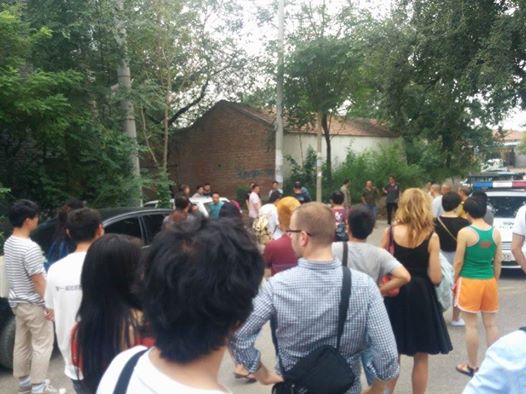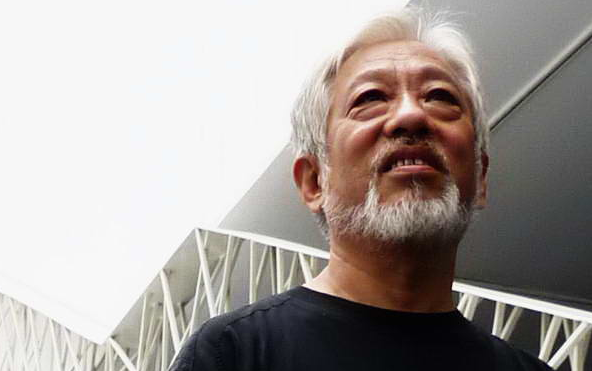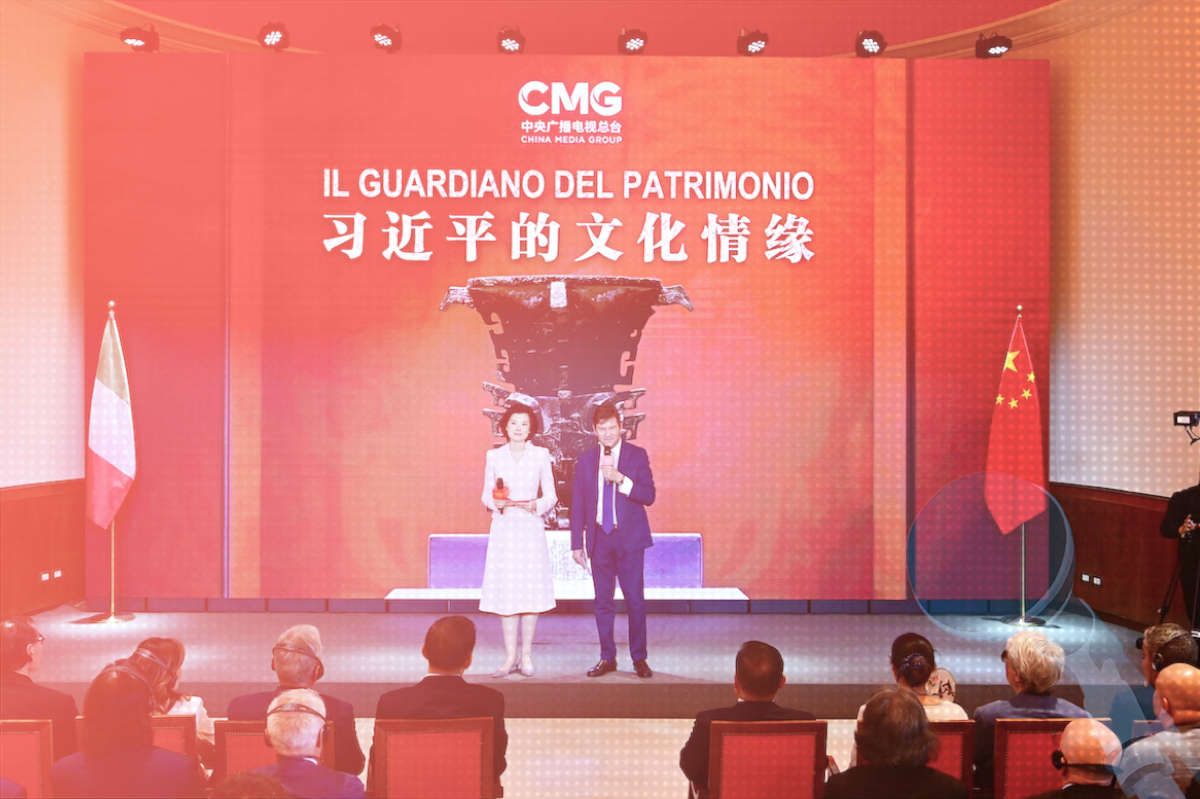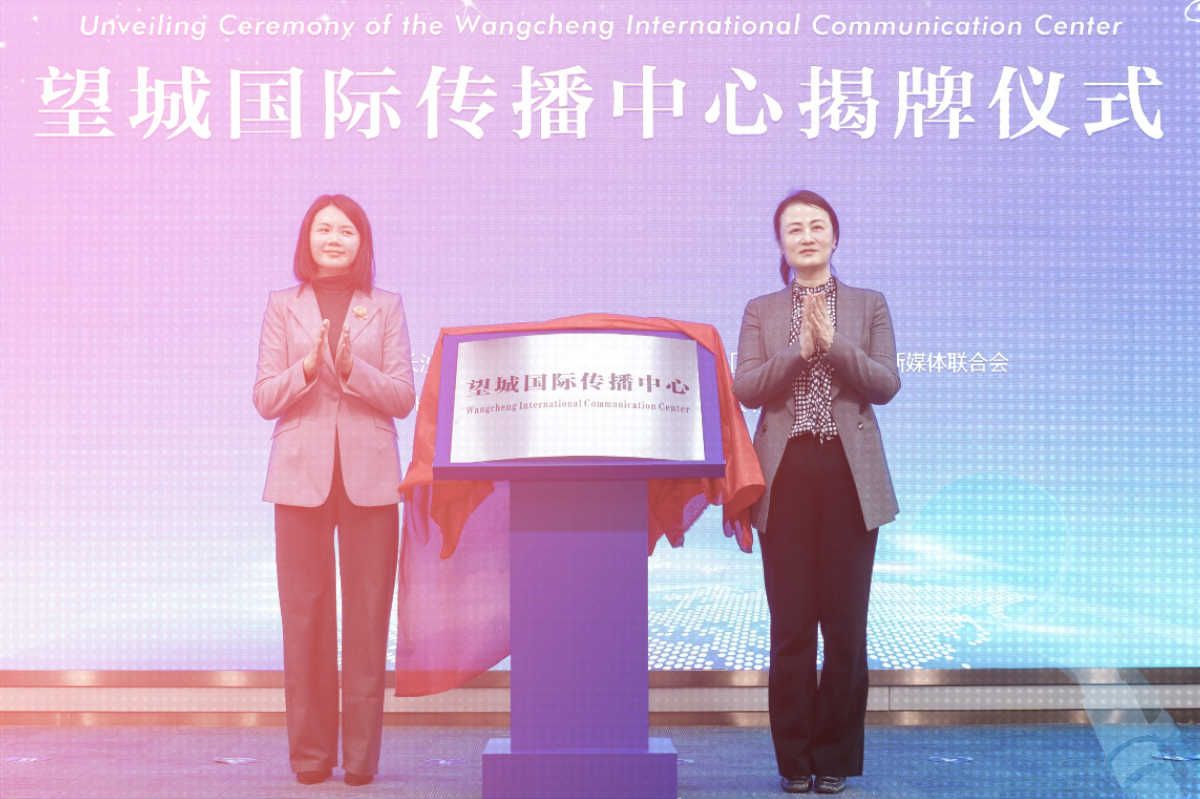
Filmmakers gather in Kunming for the Yunnan Multi-Culture Visual Festival (Yunfest).
According to indie director Huang Wenhai (黃文海), the shutdown on Saturday of the 11th Beijing Independent Film Festival, an event held since 2006 and organized by a fund started by a well-known independent art critic, was “the darkest day in the history of Chinese independent film.”
The history to which Huang refers doesn’t go back much further than a decade, but this most recent crackdown may suggest authorities are no longer willing to tolerate the emergence of independent film voices (and the social networks growing around them) — even if they are already effectively marginalized.

In recent years, the Beijing Independent Film Festival has been one of a small number of forums inside China where indie filmmakers — understood in this context primarily as directors working outside the state-approved “mainstream” film culture of the Chinese Communist Party — have been able to share and discuss their work. And though this and other festivals (or “forums,” as they are sometimes more delicately called) have met with trouble consistently since around 2010, they have not to date been targeted so completely or aggressively.
One of the most important details to note in this case is that over the weekend police raided the offices of the festival’s organizer, the Li Xianting Film Fund, reportedly carting away records of the fund’s work. The fund, started by independent art critic Li Xianting (栗宪庭), has been a kind of pole star for the largely unorganized, dispersed and often lonely enterprise of independent filmmaking in China. The fund has supported filmmakers, offered advise and expertise (everything from editing to distribution), and helped introduce Chinese indie film to the rest of the world.

For at least four years now, China’s government has actively sought to cut indie films off from the international film festival circuit — unfortunately, one of the only avenues open to filmmakers aside from the internet.
On a visit to France in 2010 to promote Zhao Dayong’s first feature film, The High Life, I was told by the artistic director of one prominent festival that they had dropped plans to screen Huang Wenhai’s documentary WE (and withdrawn Huang’s invitation) after facing tough diplomatic pressure. That was the first time I realized the era of tacit tolerance “off the radar” was over.
Indie filmmakers can prove resilient, like bright thistles in the garden (desert?) of the CCP’s mainstream film culture. So there’s no need to be overly pessimistic about the future. But the shuttering of the Beijing Independent Film Festival is an important sign. We’ll watch events carefully — and we’ll try to keep you posted.
Meanwhile, the following is Li Xianting’s basic timeline of happenings around the 11th Beijing Independent Film Festival, followed by the remarks of a few others:
August 18, 2014 — Posters and screening schedules for the “11th Annual Beijing Independent Film Festival” are released on the internet. Police guards are posted outside the door of my home, and outside the offices of the [Li Xianting] Film Fund.
August 19, 2014 — In the afternoon, state security police (国宝) visit the Film Fund offices and demand that the festival be stopped, mentioning two specific films by name. Agents from the Ministry of Education, Industrial and Commercial Bureau and the Tax Bureau come to the Film Fund offices asking questions about its affairs.
August 20, 2014 — At 10AM officials from Xiaobao Village (小堡村) visit my home to transmit the directive from their superiors, that the film festival must be cancelled. They agree, however, that the festival can be held outside Beijing in Yanjiao County in neighboring Hebei province [not far from the arts community at Songzhuang]. At 11:30PM state security again visit my home to demand the festival be stopped altogether.
August 21, 2014 — Film Fund [representatives] visit Yanjiao County and decide on the Huifu Hotel (汇福酒店) as the site of [festival] screenings.
August 22, 2014 — At noon leaders from the village Party committee of Xiaobao Village come to tell me: you’ve booked a hotel at Songzhuang, and our superiors say you are not permitted to head to Songzhuang [with the event]. Employees in charge of bookings and other planning matters come back and say that the hotel has not allowed us to sign in or stay there. At 1:30PM police from the substation at Songzhuang escort artistic director Wang Hongwei (王宏伟) and executive director Fan Rong (范荣) away. At 6:30PM they have still not been released. After Wang Hongwei is taken into the police substation, he receives two telephone calls. First, a caller identifying himself as a member of the security department in Songzhuang Township calls Wang and says, “The outer wall of your complex intrudes on an oil pipeline, and you have until the 31st [of August] to demolish it.” Next, the Huifu Hotel in Yanjiao, which has already collected a deposit, calls to say, “The police have notified us that our hotel is not permitted to accommodate your film festival.”
At the substation, police demand that Wang Hongwei and Fan Rong sign a letter pledging to cancel the film festival before they can be released. Wang Hongwei and Fan Rong are forced to sign the pledge of cancellation. Both Wang and Fan are released at 6:37PM. Shortly after, the Film Fund receives a notice from authorities in Xiaobao Village, where the festival was to have taken place, letting them know that their electricity will be cut off the next day.
Officials from the Immigration Bureau (入境管理局) also come to investigate the details concerning the Film Fund’s invitations for and accommodation of foreign film directors.
August 23, 2014 — On the day the 11th Beijing Independent Film Festival is set to begin, three roads leading to the offices of the Li Xianting Film Fund are blocked off. On the scene, police confiscate mobile phones and take video equipment from journalists. The scores of people who have come to take part in the festival are driven away several times by police.
Zhao Guojun (赵国君), a scholar of film and the arts, wrote on social media: “The roads in Songzhuang have already been blocked off, and Old Li’s home is surrounded by security police so that artists can’t get in. Songzhuang is first and foremost, it seems, in declaring itself independent — independent of rule of law.”
Independent filmmaker Hu Jie described the scene at the site of the planned festival like this:
We’ve just been to the site of Li Xianting’s independent festival, No. 126 Xiaobao Street North in Songzhuang. At the door and on the street there were police cars and a lot of villagers and others were sitting around. When they saw us heading over they surrounded us and tried to hustle us off. Their attitude was completely rude and callous. I got all the way to the door at No. 126 and saw that a notice had been posted there that the festival had been cancelled . . . I sat to take a rest under a shade tree outside the door. This great big guy came over and said in a ferocious voice that this was his spot and no one could sit there. We thought it best to leave.
At 1:28PM on August 23, 2014, Li Xianting made the following post to WeChat:
So what does it mean to “stir up trouble” (寻衅滋事)?
Let me tell you: it is when those who have unrestrained power mobilize the police and stir up the ignorant masses (不明真相的群众) and even local ruffians to lay siege to those things they regard as “illegal” — which in fact are normal public events for the arts, for religion or for rights defense.
“Stirring up trouble” on the part of local governments has already become symbolic of the abuse of power. . . . All roads leading to the old courtyard building in which our film fund is housed have been blocked with cars, rubbish bins, bicycles and all sorts of things by police and ignorant guards, so no one is permitted to enter.





















